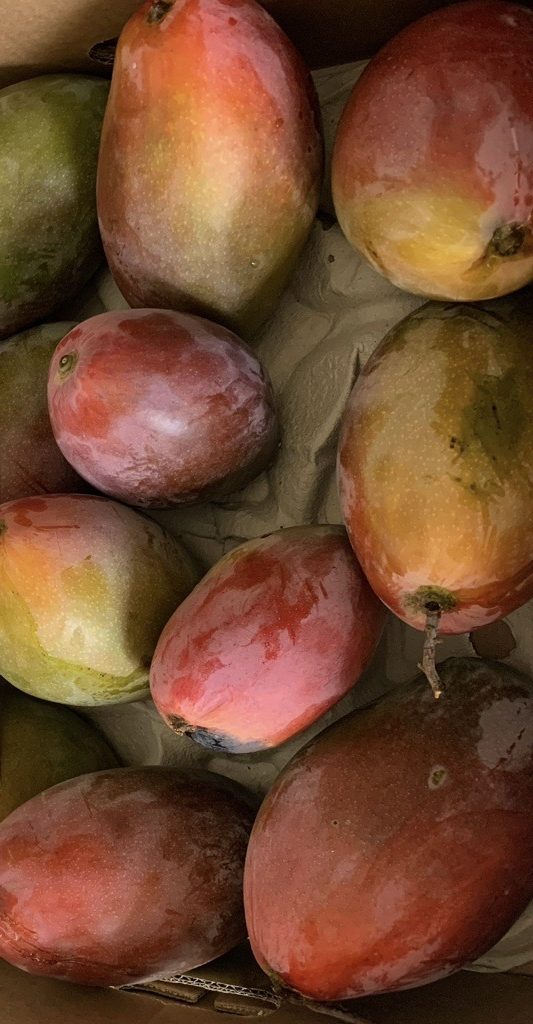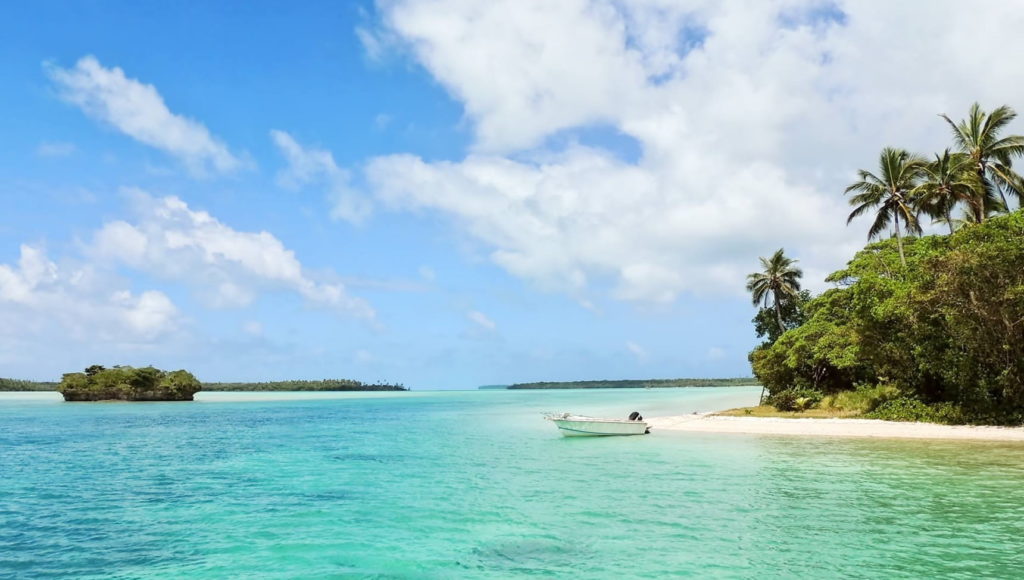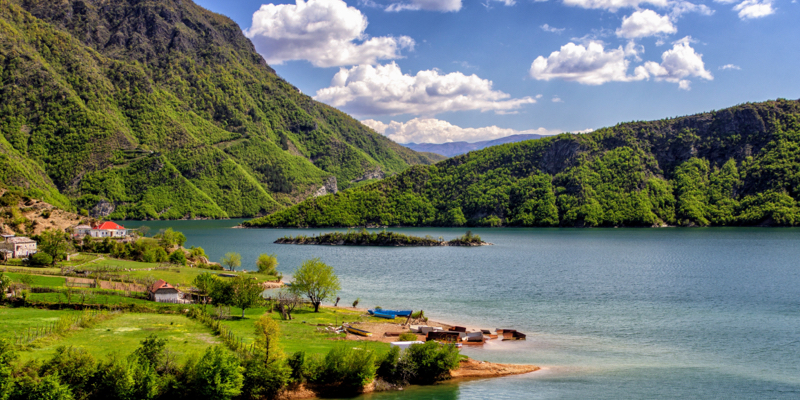- Sector : Sustainable Agriculture
- Location : Cote d'Ivoire

Overview
Ivory Coast is the third-most populous country in West Africa with 30.9 million inhabitants in 2023. Each year, around 40,000 tons of fruits are exported from the Ivory Coast to Europe. Meanwhile, the fruit industry is facing significant challenges of fruit diseases and inadequate post-harvest facilities which results in approximately 40% of produced fruit being wasted. The reliance on traditional farming methods and limited access to modern technologies also hinder competitiveness.
In the Poro region, 115,000 tonnes of mangoes are produced every year with approximately:
- 50,000 sold as fresh mangoes.
- 5,000 tonnes transformed into other products.
- 60,000 tonnes wasted, emitting greenhouse gas (GHG) emission from the field or disposal site.
The project aims to improve the scale and efficiency of transforming mangoes into products that can be kept and transported easily, such as dried fruits, mango puree, mango juice, and mango butter. By building a larger processing plant with cold storage facilities, the new plant will allow for currently wasted mangoes to be sold to the market during the relevant season. The expanded capacity can also be used for the rest of the year to transform other fruits like pineapple and banana according to seasonality.
The Challenge
The Ivorian production of mango is around 180 MT annually. However, the fruit industry produces a lot of waste. In the Poro region, only 40% of mangoes meet the conditions for export or sale in supermarkets. For the remaining 60%, they are left to rot at the edge of fields or in landfills. After the harvest, it is a challenging process to keep the mangoes fresh due to the fragility of the fruit itself and the speed of ripening.
Additionally, the rotting fruits allow the proliferation of midges which can attack the mango trees and damage crops, and also bring mosquitoes which carry malaria which is the leading cause of mortality in the Poro region.
The project provides a solution to transform fruits into products which are easier to keep and export with lower transportation costs, preventing waste and carbon emissions. Currently, the dried mangoes from this company are completely produced by hand in a small production unit.
By developing a processing plant with new technology to increase capacity and efficiency, the project is expected to:
- Help to reduce approximately 1,500 tonnes of GHG emissions by preventing organic waste each year.
- Improve the workforce of the local population of the Sinématiali department by providing 500 full-time job positions.
- Benefit women in the area by providing stable jobs, as well as more access to improved health care and education.
SCF’s Involvement- Technical Assistance
To further support and inform the development of this project, the SCF’s Technical Assistance Facility is commissioning a pre-feasibility study including:
- Site visit and assessment of the existing project and facility.
- Land assessment for the new processing plant including utilities, transportation, geographic risk, as well as the legal and regulatory framework.
- Availability and seasonality of mango, and pineapple production in the Poro region.
The facility is also commissioning an environmental and social study for stakeholder consultation in to assess, among others, the potential volume of fruits in the region with other farm holders, the government collaboration with the project, and synergies with other stakeholders.
Our Target Impact
The goal of this project is to reduce GHG emissions, create decent jobs, and empower women.
-

SDG 13 Climate Action
The project is expected to:
- Avoid approximately 45,000 tonnes of organic waste annually by producing useful products from mangos that are currently not sold to the market.
- Avoid approximately 1,500 tonnes of methane emissions each year (45,000 tonnes of CO2e).
-

SDG 8 Decent Work and Economic Growth
Ivory Coast has an unemployment rate of 3% and an informal employment rate of 88%. The project currently creates mostly temporary jobs only. If the new transforming plant would process 100% of the fruit wasted, the project is expected to:
- Create 100 additional jobs
- Convert all current 500 seasonal posts into permanent posts at full-time
- Benefit the employees from social benefits such as unemployment, retirement rights, as well as a housing savings plan
-

SDG 5 Gender Equality
Ivory Coast scored 0.61 in the gap index in 2022 indicating that women were 39% less likely to have equal economic participation and opportunities than men. Currently, this women-owned company employs 500 seasoned employees for 3-4 months per year and 460 employees are women. The project is expected to:
- Create an additional 100 job positions – mostly positions for women
- Create further decision-making roles for women
The SCF gender policy and 2X criteria will be applied in the process of this project for employment and leadership.


